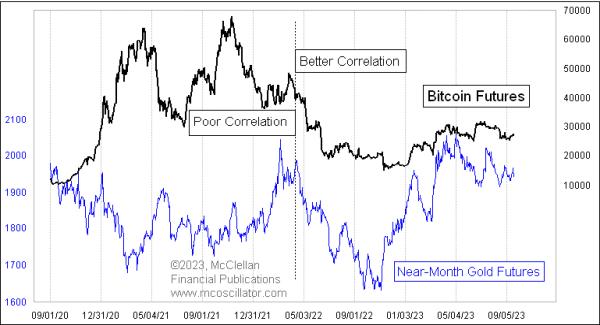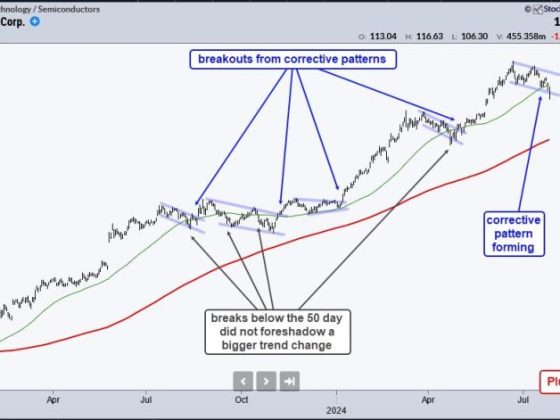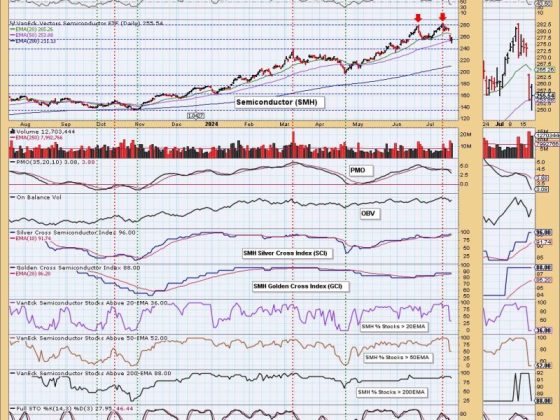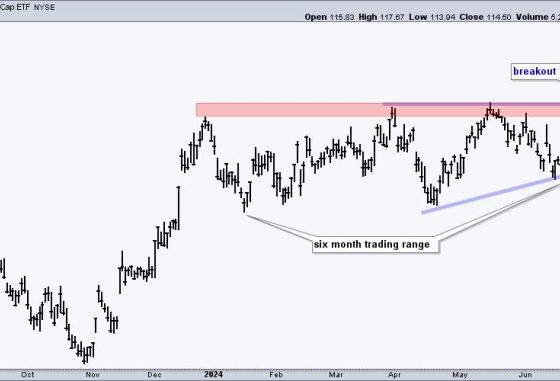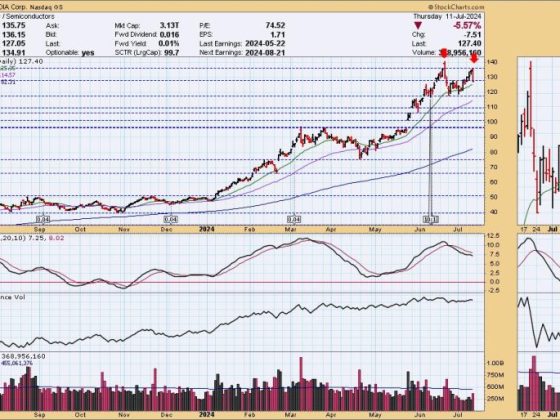Bitcoin is a digital currency that was created in 2009 and has been a game changer in the digital economy of the past decade. Unlike other currencies, Bitcoin does not exist in physical form and instead exists as data on a peer-to-peer global network. Bitcoin is mined through solving complex puzzles and transactions take place between users using individual public keys.
The need to create a decentralized digital currency arose after the 2008 financial crisis caused by the global banking system. People lost faith in the traditional banking system as governments struggled to bail out big financial institutions. As a result, Bitcoin was created with a view to give people an alternative way to store their wealth. Bitcoin offers users the option of securely storing and transferring their money without having to involve any third-party intermediaries.
The fact that Bitcoin is decentralized means that it doesn’t suffer from the same issues as traditional banking systems, such as exorbitant fees, security breaches, and jurisdictional regulations. This makes it very attractive for those looking for alternative methods of storing and transferring money. For example, Bitcoin transactions can occur between two people anywhere in the world in under an hour, and at considerably lower transaction fees than traditional banking systems.
The way Bitcoin works has also changed over the years. Initially, the currency was mined solely by individuals, using powerful computers to solve puzzles and confirm transactions. However, this has since changed, with group mining operations being the most common. Additionally, new applications for the currency have emerged, such as Bitcoin trading (buying and selling Bitcoin for fiat currencies like U.S. dollars) and online gambling.
The popularity of Bitcoin has grown throughout the years, pushing its current market capitalization above $130 billion. Whether or not Bitcoin will remain viable in the long-term is still up in the air, but for now it’s clear that the currency has had a major impact in the digital economy, and will remain an important player in the global financial system for years to come.

